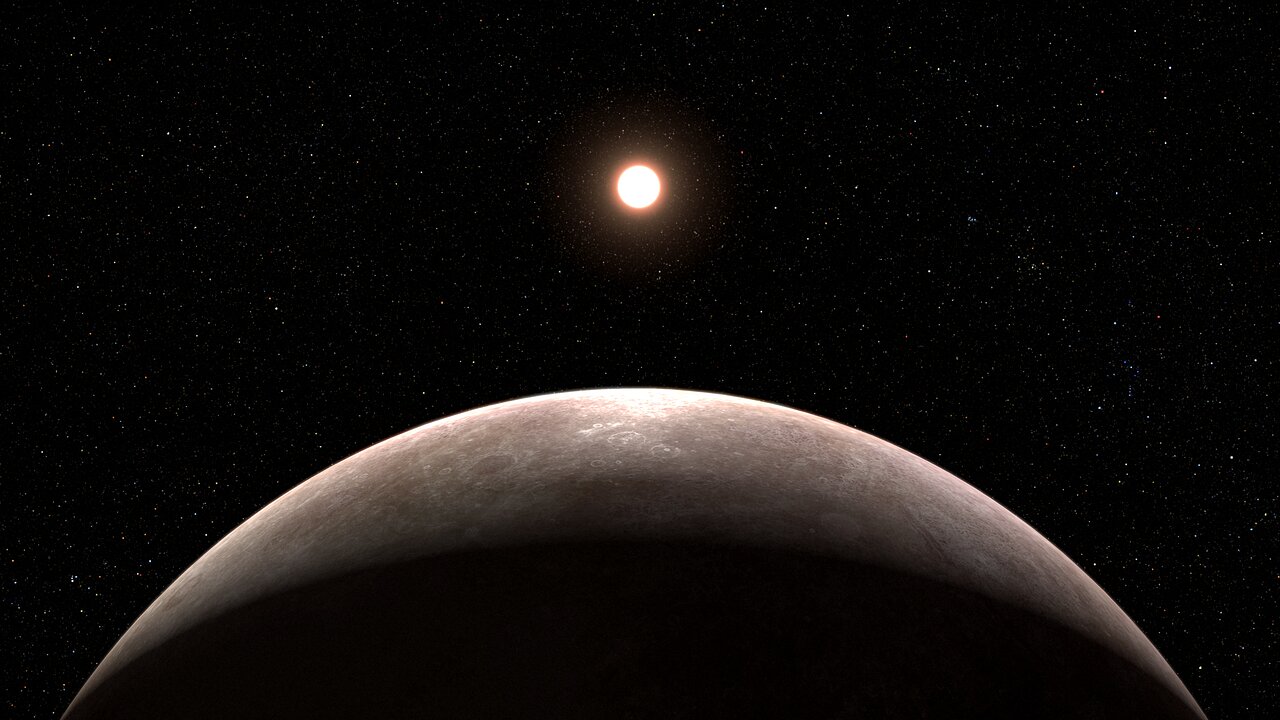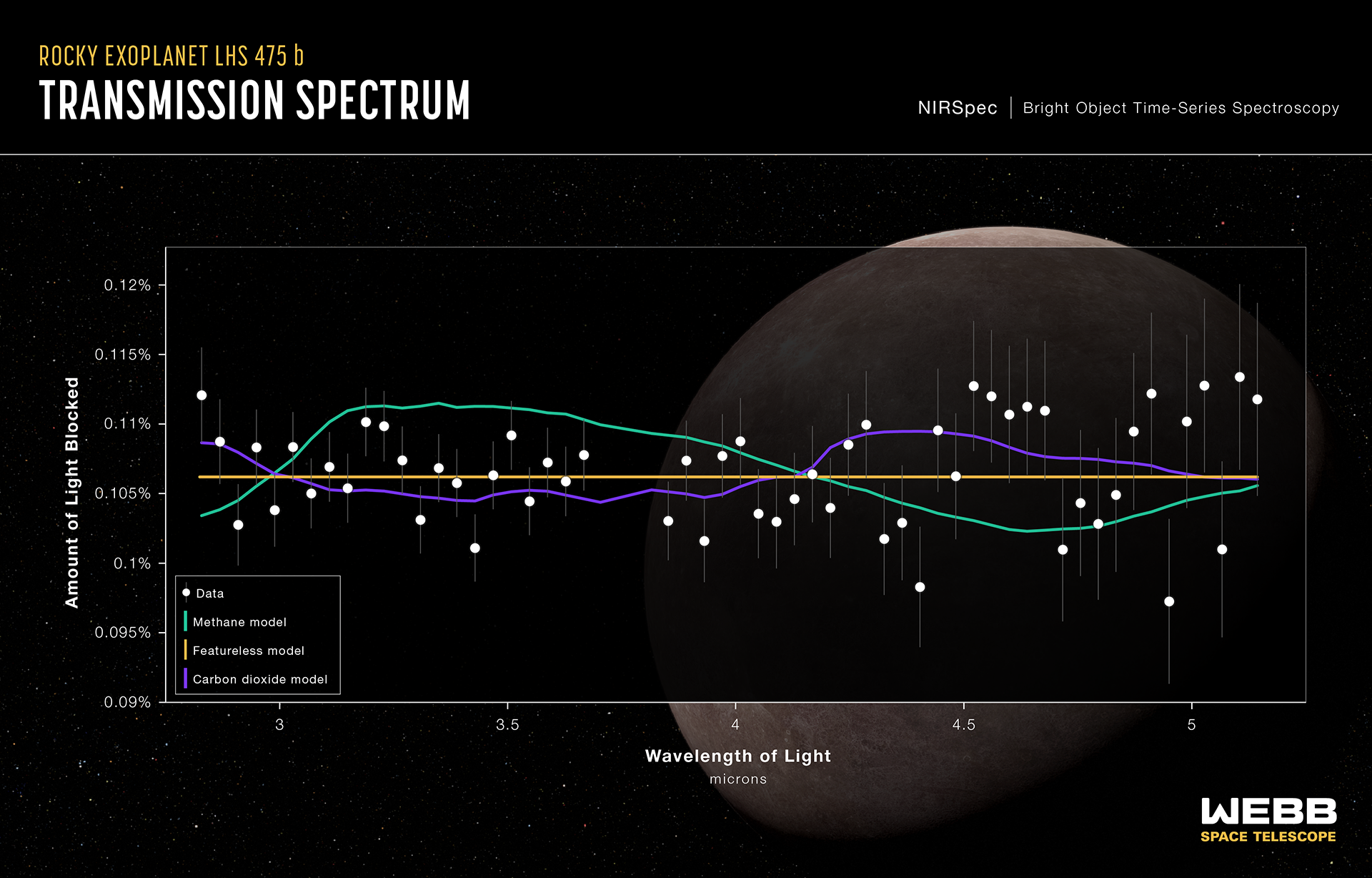NASA's Webb telescope confirms existence of exoplanet for the 1st time


A free daily email with the biggest news stories of the day – and the best features from TheWeek.com
You are now subscribed
Your newsletter sign-up was successful
NASA's James Webb Telescope has confirmed the existence of an exoplanet for the first time. An exoplanet, like Earth, orbits around a star.
The exoplanet, named called LHS 475 b, is similar in size to the Earth and is located 41 light years away, reports NPR. Unlike Earth, the planet orbits its star in just two days and is way hotter than Earth. Scientists have yet to determine the composition of the atmosphere. "There are some terrestrial-type atmospheres that we can rule out," said Jacob Lustig-Yaeger, a researcher at the Johns Hopkins University Applied Physics Laboratory. "It can't have a thick methane-dominated atmosphere, similar to that of Saturn's moon Titan."
This discovery was made through the help of NASA's Transiting Exoplanet Survey Satellite. The satellite's data suggested the planet might exist and then Webb's Near-Infrared Spectrograph (NIRSpec) was able to capture it to investigate, NASA writes. The NIRSpec transmits the light from an object to a spectrum where it can be used to determine an object's temperature, mass, and chemical composition.
The Week
Escape your echo chamber. Get the facts behind the news, plus analysis from multiple perspectives.

Sign up for The Week's Free Newsletters
From our morning news briefing to a weekly Good News Newsletter, get the best of The Week delivered directly to your inbox.
From our morning news briefing to a weekly Good News Newsletter, get the best of The Week delivered directly to your inbox.

This discovery showcases the scope of the telescope's abilities. "These first observational results from an Earth-size, rocky planet open the door to many future possibilities for studying rocky planet atmospheres with Webb," says Mark Clampin, the Astrophysics Division director at NASA headquarters. The sensitivity of the telescope allows for the discovery of much smaller celestial bodies than previous telescopes.
"Webb is bringing us closer and closer to a new understanding of Earth-like worlds outside the Solar System, and the mission is only just getting started." Clampin remarked.
A free daily email with the biggest news stories of the day – and the best features from TheWeek.com
Devika Rao has worked as a staff writer at The Week since 2022, covering science, the environment, climate and business. She previously worked as a policy associate for a nonprofit organization advocating for environmental action from a business perspective.
